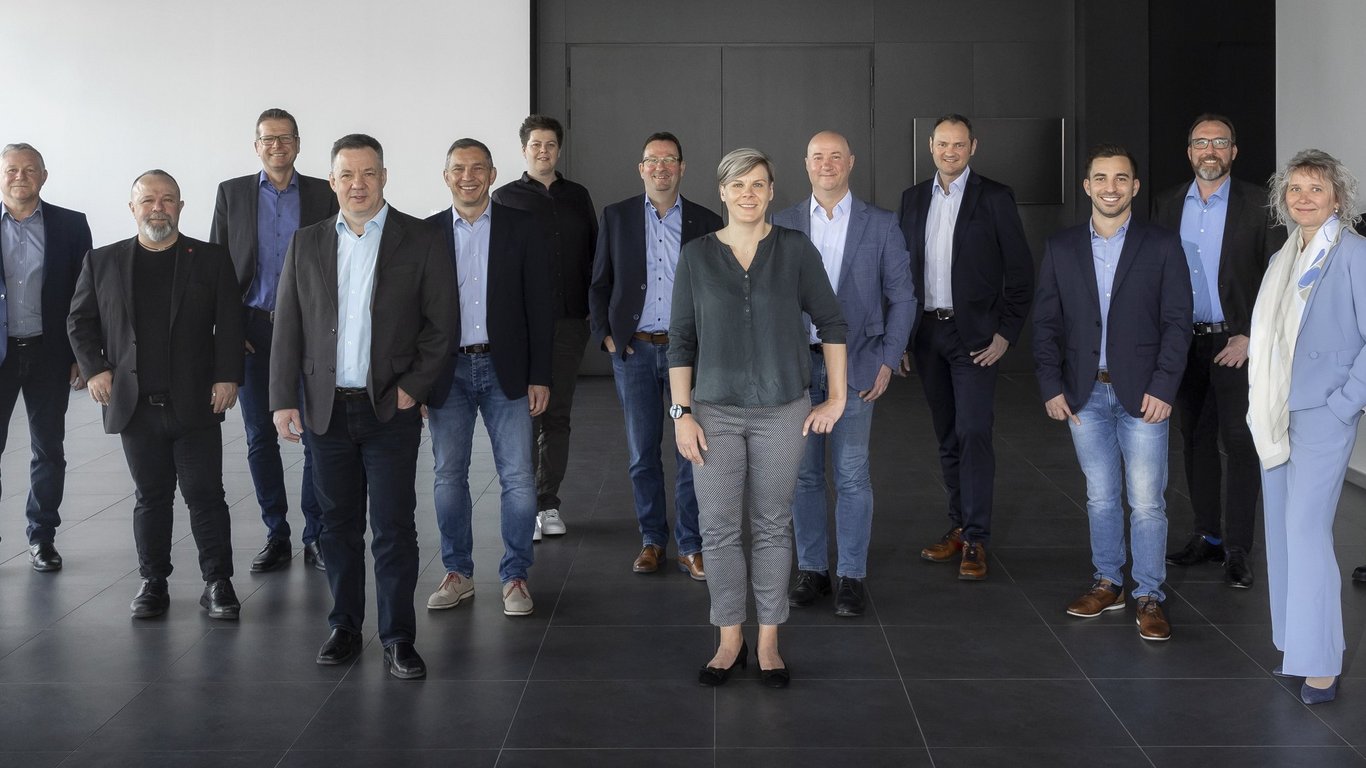As corporate policies related to sustainable and ethical business conduct – as reflected in the Environment, Social, Governance (ESG) concept – become increasingly important, the German model of co-determination is more relevant and required than ever.
Today, the labour representatives at Daimler Truck are already actively involved in a constructive and critical dialogue with the management shaping all three ESG components:
Environmental: Implementation of a socially responsible transformation towards climate-neutral freight and passenger transport.
Social: Development of regulations on occupational health and safety, personnel related and cultural issues, modern working conditions as well as diversity and inclusion in joint labour-company commissions, working groups and committees at various levels. Once agreement is reached, corresponding regulations are adopted and implemented.
Governance (corporate): As labour representatives are members of the supervisory council, they have the right to vote on important strategic decisions, such as the appointment of members of the board of directors and management remuneration. Moreover, they exercise an important control function, example regarding the annual financial statements.
Briefly, labour representatives are in the position to pro-actively promote ESG policies within the company. This is what we mean when we speak about modern co-determination.


